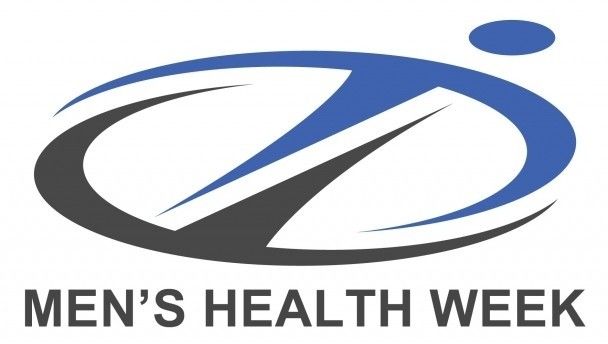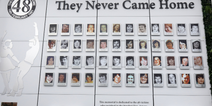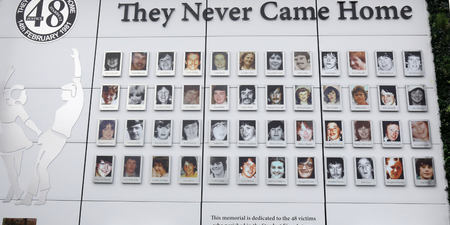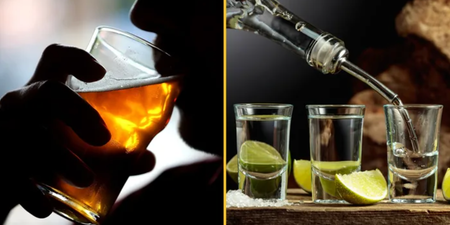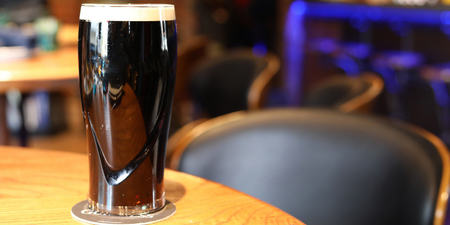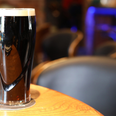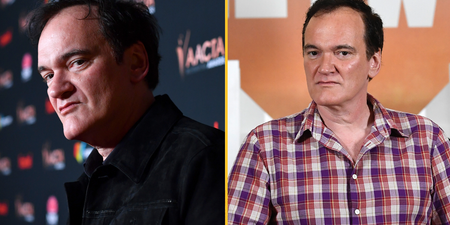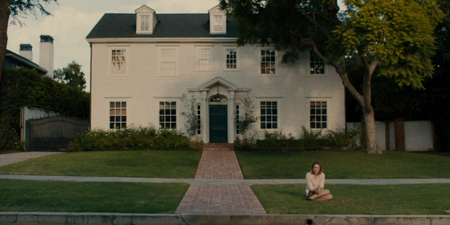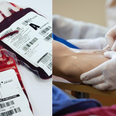Men in Ireland are often accused of being forgetful, especially when it comes to remembering significant dates such as birthdays and anniversaries. However, while this might sometimes be true, there’s a date that all men need to know about – as it could help to save their lives.
International Men’s Health Week 2011 (coordinated locally by the Men’s Health Forum in Ireland) will run from today Monday 13 until Sunday, 19 June.
To highlight this week, respected local comedians Joe Rooney (Killinaskully) and Paul Tylak (Stew) are starring in an nationwide poster campaign to raise awareness of the week.
The posters, which are being launched today, give a simple message to men: “These are challenging times. It’s no joke. Let’s talk”.
The Men’s Health Forum in Ireland (MHFI) is calling upon organisations and individuals throughout the whole island of Ireland to display a copy of this poster, show their support for MHW 2011, and raise public awareness of men’s health issues.
The health of men in Ireland is nothing to joke about:
- Local men die, on average, about five years younger than women do.
- Males have higher death rates than women for all of the leading causes of death.
- Poor lifestyles are responsible for a high proportion of chronic diseases.
- Late presentation to health services leads to a large number of problems becoming untreatable.
Dr Noel Richardson, the Chairperson of MHFI, has stated: “The world of men and boys, and the roles that they play in it, have certainly changed dramatically in a very short period of time. All of these changes bring new challenges – both positive and negative. It’s time we started to talk about this situation, before it’s too late”.
There are plenty of issues that need to be talked about …
- The current economic recession has made a huge impact upon men’s jobs, status, income, spending, lifestyle, debt, and sense of security. It has also made a major difference to their mental, physical and emotional health.
- On average, men are now living longer than at any time in history, but they are not, necessarily, healthier.
- Men face a range of acute and chronic illnesses, many of which are preventable.
- Obesity and sedentary lifestyles are on the increase, while healthy eating and exercise are decreasing.
- Depression in men is becoming more prevalent (or at least acknowledged) and the male suicide rate is still extremely high.
- Males are often not aware of where and how to find help and support.
- Young men (particularly) engage in a range of high-risk activities.
- There is increasing recognition that males can be victims of domestic abuse.
- Many men have an interest in sport, but tend to drop away from active participation in it as they get older.
- The Republic of Ireland has a Men’s Health Policy, but is it making a difference? On the other hand, Northern Ireland does not even have a formal framework for evaluating if men’s health needs are being met …
During MHW 2011, everyone in Ireland (policy makers, service providers, employers, the media, community groups, women, men …) is being asked to think about men’s health needs and to find ways to address them.
Hard copies of the A3 size Men’s Health Week posters are available from: [email protected] or electronic versions of the poster (and further information about MHW 2011) can be downloaded from the MHFI website.
LISTEN: You Must Be Jokin’ with Aideen McQueen – Faith healers, Coolock craic and Gigging as Gaeilge
